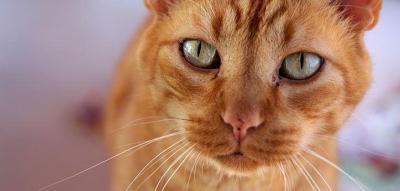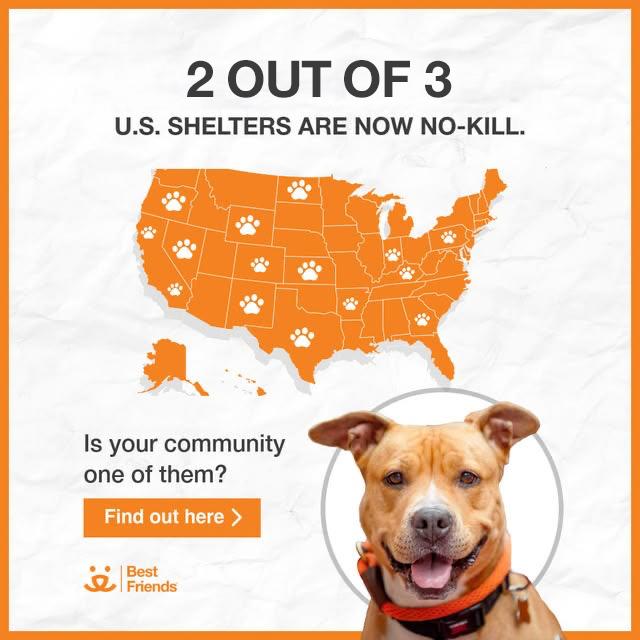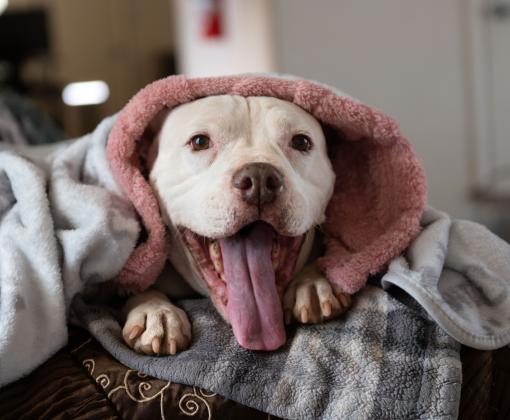
Pet Dangers: Hazards to Your Pet's Health
Pet dangers at home
Your pets rely on you to protect them from harm. In general, you should only feed your pets food and treats specially formulated for the type of pet that you have. Some human food and drink can make animals sick, so keep them out of your pets’ reach. Here are some examples:
- Alcoholic beverages
- Substances containing caffeine, such as coffee
- Chocolate
- Fatty foods, especially drippings and grease from cooking
- Chicken and turkey bones
- Grapes and raisins
- Onions
- Macadamia nuts
- Salt and sugar
- Yeast dough
- All medications (aspirin is especially harmful to cats)
Many other things in or around your home can cause serious illness or even death in your pet. Here are some examples:
- Antifreeze
- Bait for rodents
- Batteries (they can contain corrosive fluid)
- Car care products, such as cleaners or oils
- Fertilizer
- Gorilla Glue (or similar products)
- Household cleaners
- Ice-melting products
- Nicotine products
- Pesticides for insects
- Plants that are toxic to pets
- Pool or pond products
- Poisonous snakes
- Utensils with food on them (such as steak knives)
Other potential dangers in your home include burning candles that may be knocked over, electrical cords that can be chewed, and loose cords or wires that animals may become tangled in. Take a look around your house and make it pet-safe.

See how your community is doing
For more information on what to do for a poisoned animal, what plants are poisonous, and how to poison-proof your home, visit the ASPCA website at www.aspca.org and click on “Animal Poison Control Center” (under Pet Care). If you suspect your pet has been poisoned and you need immediate assistance, you can call the ASPCA Animal Poison Control Center at 888-426-4435. The nonprofit hotline is staffed 24/7 by a team of veterinarians, including veterinary toxicologists; the consultation fee is $65.
Pet dangers away from home
Here are some things to avoid when traveling with your pet:
- Don’t let your pet ride in the back of an open truck. He can be injured if you need to brake suddenly or take a sharp turn. Tying the animal to the truck doesn’t solve the problem; he can still be seriously hurt or killed. If you must use the back of a truck to transport a pet, put the animal in a secure crate that is anchored so it doesn’t move around in the bed of the truck.
- Never leave your pet in a vehicle in hot weather, even for a few minutes. Even with the windows wide open, the car can quickly become hot enough to cause heatstroke, brain damage, and even death.
Finally, don’t let your pet roam. He or she can suffer injury or death from running at large. Your pet doesn’t understand the danger of speeding cars, poisoned bait or trespassing on someone else’s property.
